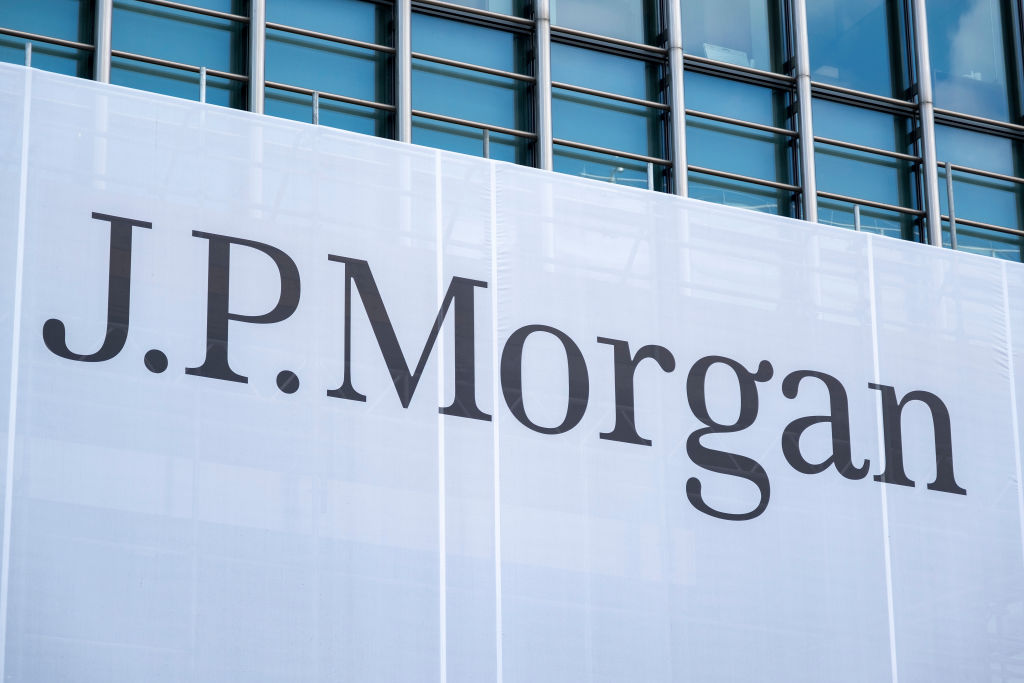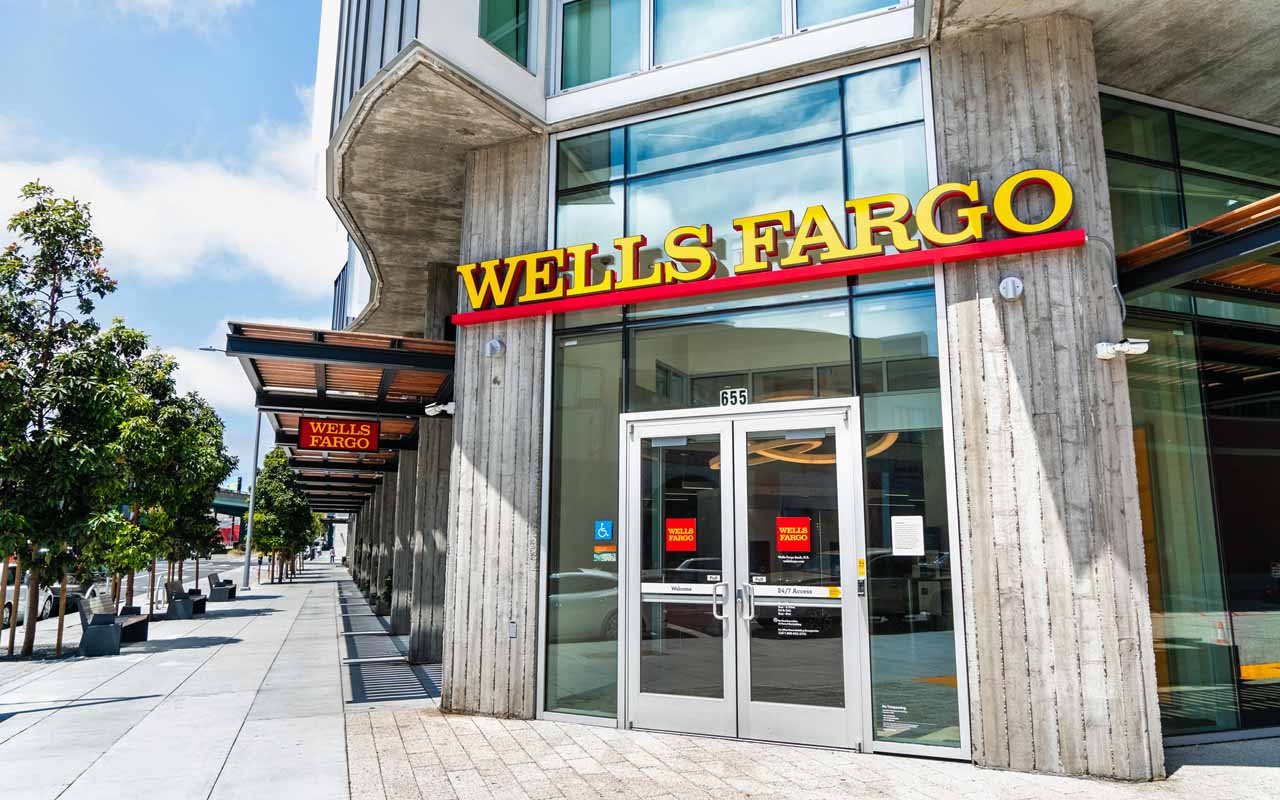Good Preferred Stocks Yielding 6% or More
Preferred stocks tend to pay more than than comparable bonds.

Profit and prosper with the best of Kiplinger's advice on investing, taxes, retirement, personal finance and much more. Delivered daily. Enter your email in the box and click Sign Me Up.
You are now subscribed
Your newsletter sign-up was successful
Want to add more newsletters?

Delivered daily
Kiplinger Today
Profit and prosper with the best of Kiplinger's advice on investing, taxes, retirement, personal finance and much more delivered daily. Smart money moves start here.

Sent five days a week
Kiplinger A Step Ahead
Get practical help to make better financial decisions in your everyday life, from spending to savings on top deals.

Delivered daily
Kiplinger Closing Bell
Get today's biggest financial and investing headlines delivered to your inbox every day the U.S. stock market is open.

Sent twice a week
Kiplinger Adviser Intel
Financial pros across the country share best practices and fresh tactics to preserve and grow your wealth.

Delivered weekly
Kiplinger Tax Tips
Trim your federal and state tax bills with practical tax-planning and tax-cutting strategies.

Sent twice a week
Kiplinger Retirement Tips
Your twice-a-week guide to planning and enjoying a financially secure and richly rewarding retirement

Sent bimonthly.
Kiplinger Adviser Angle
Insights for advisers, wealth managers and other financial professionals.

Sent twice a week
Kiplinger Investing Weekly
Your twice-a-week roundup of promising stocks, funds, companies and industries you should consider, ones you should avoid, and why.

Sent weekly for six weeks
Kiplinger Invest for Retirement
Your step-by-step six-part series on how to invest for retirement, from devising a successful strategy to exactly which investments to choose.
Preferred stocks combine elements of stocks and bonds in one investment. Typically issued at $25 a share, they pay a fixed rate of interest like bonds do. But preferreds trade like stocks and can bounce above or below the issue price. Preferreds tend to pay more than comparable bonds because they’re riskier. An issuer may be able to delay or cut payouts, and if the preferred is “non-cumulative,” the issuer isn’t on the hook to pay missed dividends. Issuers do owe all payments if a preferred is “cumulative,” but yields for these securities tend to be lower.
Earnings for All
- Bank Accounts: 1%-4%
- Municipal Bonds: 1%-3%
- Investment-Grade Bonds: 3%-5%
- Real-Estate Investment Trusts: 2%-6%
- Foreign Bonds: 3%-6%
- Closed-End Funds: 5%-11%
- High-Yield Bonds: 6%-8%
- Master Limited Partnerships: 5%-11%
Risks to your money. Similar to long-term bonds, preferred stocks tend to be sensitive to interest rate moves. Companies may be able to redeem, or “call,” their preferred shares at any time, potentially saddling investors with losses. Preferred stocks, which tumbled during the financial crisis, could dive if investors lose faith in banks and other issuers.
Hire a pro. The exchange-traded iShares U.S. Preferred Stock ETF (PFF, $39, 5.8%), a member of the Kiplinger ETF 20, offers access to hundreds of preferred securities issued by firms such as Allergan, HSBC and Wells Fargo. Banks and other financial firms account for 60% of its assets, though, concentrating most of the fund into one sector. Market Vectors Preferred Securities ex-Financials ETF (PFXF, $20, 6.0%) tracks an index of nonfinancial preferreds.
From just $107.88 $24.99 for Kiplinger Personal Finance
Become a smarter, better informed investor. Subscribe from just $107.88 $24.99, plus get up to 4 Special Issues

Sign up for Kiplinger’s Free Newsletters
Profit and prosper with the best of expert advice on investing, taxes, retirement, personal finance and more - straight to your e-mail.
Profit and prosper with the best of expert advice - straight to your e-mail.
Do it yourself. With individual securities, stick to financially solid companies and buy shares below or only slightly above their $25 issuance price, says Michael Greco, cofounder of GCI Financial, an investment firm in Mendham, N.J. One preferred he likes: JPMorgan Chase 6.15% Non-Cumulative Preferred Series BB (JPM-PH, $26, 5.9%). Shares can’t be redeemed by JPMorgan until 2020, and dividends are considered to be “qualified,” meaning the maximum federal tax rate on the payments is 15% or 20%. Greco also favors Chesapeake Lodging Trust 7.75% Preferred (CHSP-PA, $26, 7.4%). A real estate investment trust, Chesapeake owns hotel properties such as the Hyatt Regency Boston and should easily cover its dividend payments, says Greco, though they don’t qualify for preferential tax treatment.
Next: Closed-End Funds to Earn 5% - 11%
Profit and prosper with the best of Kiplinger's advice on investing, taxes, retirement, personal finance and much more. Delivered daily. Enter your email in the box and click Sign Me Up.

-
 Over 65? Here's What the New $6K Senior Bonus Deduction Means for Medicare IRMAA
Over 65? Here's What the New $6K Senior Bonus Deduction Means for Medicare IRMAATax Breaks A new deduction for people over age 65 has some thinking about Medicare premiums and MAGI strategy.
-
 U.S. Congress to End Emergency Tax Bill Over $6,000 Senior Deduction and Tip, Overtime Tax Breaks in D.C.
U.S. Congress to End Emergency Tax Bill Over $6,000 Senior Deduction and Tip, Overtime Tax Breaks in D.C.Tax Law Here's how taxpayers can amend their already-filed income tax returns amid a potentially looming legal battle on Capitol Hill.
-
 5 Investing Rules You Can Steal From Millennials
5 Investing Rules You Can Steal From MillennialsMillennials are reshaping the investing landscape. See how the tech-savvy generation is approaching capital markets – and the strategies you can take from them.
-
 What Fed Rate Cuts Mean For Fixed-Income Investors
What Fed Rate Cuts Mean For Fixed-Income InvestorsThe Fed's rate-cutting campaign has the fixed-income market set for an encore of Q4 2024.
-
 The Most Tax-Friendly States for Investing in 2025 (Hint: There Are Two)
The Most Tax-Friendly States for Investing in 2025 (Hint: There Are Two)State Taxes Living in one of these places could lower your 2025 investment taxes — especially if you invest in real estate.
-
 The Final Countdown for Retirees with Investment Income
The Final Countdown for Retirees with Investment IncomeRetirement Tax Don’t assume Social Security withholding is enough. Some retirement income may require a quarterly estimated tax payment by the September 15 deadline.
-
 Stock Market Today: Nasdaq Hits a New High as Nvidia Soars
Stock Market Today: Nasdaq Hits a New High as Nvidia SoarsA big day for Nvidia boosted the Nasdaq, but bank stocks created headwinds for the S&P 500.
-
 Is JPMorgan Chase Stock a Buy, Hold or Sell After Earnings?
Is JPMorgan Chase Stock a Buy, Hold or Sell After Earnings?JPMorgan Chase is trading higher after the big bank topped fourth-quarter earnings expectations, but is the stock a Buy? Here's what you need to know.
-
 Wells Fargo Stock Falls Despite Q2 Beat: Buy, Sell or Hold?
Wells Fargo Stock Falls Despite Q2 Beat: Buy, Sell or Hold?Wells Fargo stock is down despite reporting better-than-expected second-quarter earnings results. Here’s what you need to know.
-
 Is A Recession Looming? Two Big Bank CEOs See It That Way
Is A Recession Looming? Two Big Bank CEOs See It That WayRecession is likely, Citi's CEO told a Senate panel today, a sentiment echoed by JP Morgan's chief executive last week.
-
 Stock Market Today: S&P 500 Joins Nasdaq in Correction Territory
Stock Market Today: S&P 500 Joins Nasdaq in Correction TerritoryThe Nasdaq managed to hold higher into the close thanks to a strong earnings reaction for mega-cap stock Amazon.